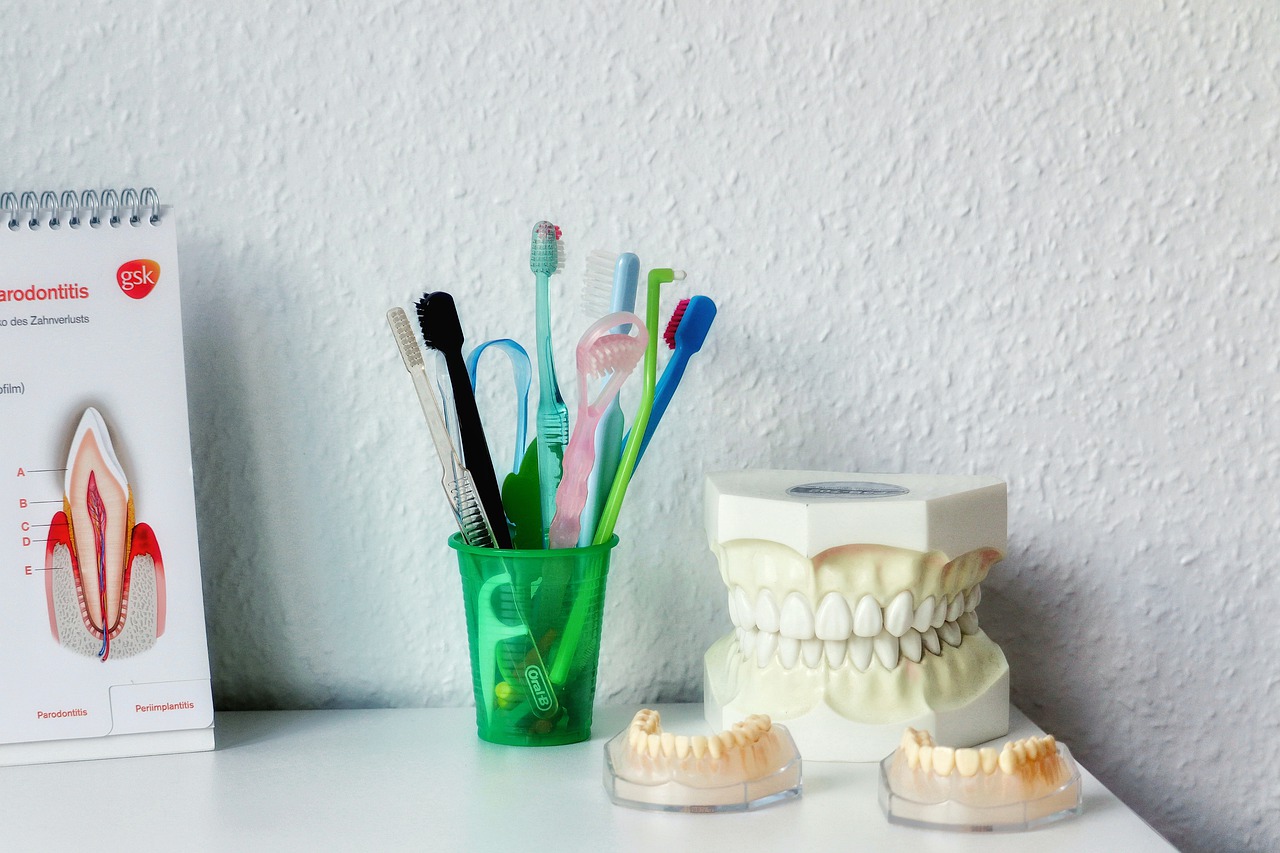Cavities are always something we try to avoid with brushing and flossing each day. You may notice you get cavities frequently and others don’t. This doesn’t seem fair, but there are other factors that play into keeping your teeth free of decay that you may not realize. There are ways to reduce your risk for cavities outside of brushing and flossing regularly.
Why Are Some Prone to Cavities More Than Others?
- Diet – Reducing the amount of sugar you eat or drink can help prevent cavities. Your chance of getting cavities increases if you eat or drink foods with a high amount of sugar.
- Gum Recession – If you suffer from gum disease and your gums are receding, the root of the tooth is exposed. Bacteria can reach the root area of the tooth and cavities can develop more easily.
- Dry Mouth – If you tend to have a dry mouth your risk for decay increases. We need saliva to wash away bacteria in our mouths.
- Genetics – Unfortunately some people are born with a tendency to develop cavities more frequently than others. This is because some people are more susceptible to a certain type of cavity causing bacteria.
How Can I Reduce My Risk for Cavities?
There are things you can do to help reduce your risk for cavities. This doesn’t mean you will never have a cavity again, but it does mean you are changing your habits, and putting forth a good effort to try and prevent decay from developing.
- Regular Visits to Your Dentist – Make sure you attend your regular visits to your dentist. These exams help to identify potential cavities, and allow the dentist to get in front of issues before they become worse.
- Reduce Sugars in Your Diet– Try and stay away from foods or drinks that are high in sugar.
- Keep Up With Oral Hygiene – Stay on top of your oral hygiene with brushing and flossing at least twice a day. This will help prevent plaque buildup that causes decay.
- Use a Toothpaste With Fluoride – Using a toothpaste that contains fluoride can help prevent tooth decay.
- Use Mouthwash – Mouthwash can help rinse away bacteria, and if the wash contains fluoride this can help prevent cavities.
Knowing what you can do to help prevent cavities can help you avoid many trips to the dentist. Taking care of our teeth is very important, and can help avoid dental issues. Always practice good oral hygiene habits to keep your teeth and mouth feeling great.
At Owings Mills Dentistry, we discuss what patients are doing at home to help prevent decay. Our staff provides tips and tricks to help our patients keep their teeth looking great. Taking care of your teeth and gums is important, and can avoid serious issues from developing. If you have not been to our office for your regular dental exam, we encourage you to schedule your appointment.
Ready to Schedule Your Appointment?
If you are looking for a dentist near you for your regular dental exam, Owings Mills Dentistry is here to help. Our office has state of the art technology and equipment, and we always provide the highest level of service to all of our patients.
To schedule your appointment with us, contact Owings Mills Dentistry, and our friendly staff will be happy to assist you.



